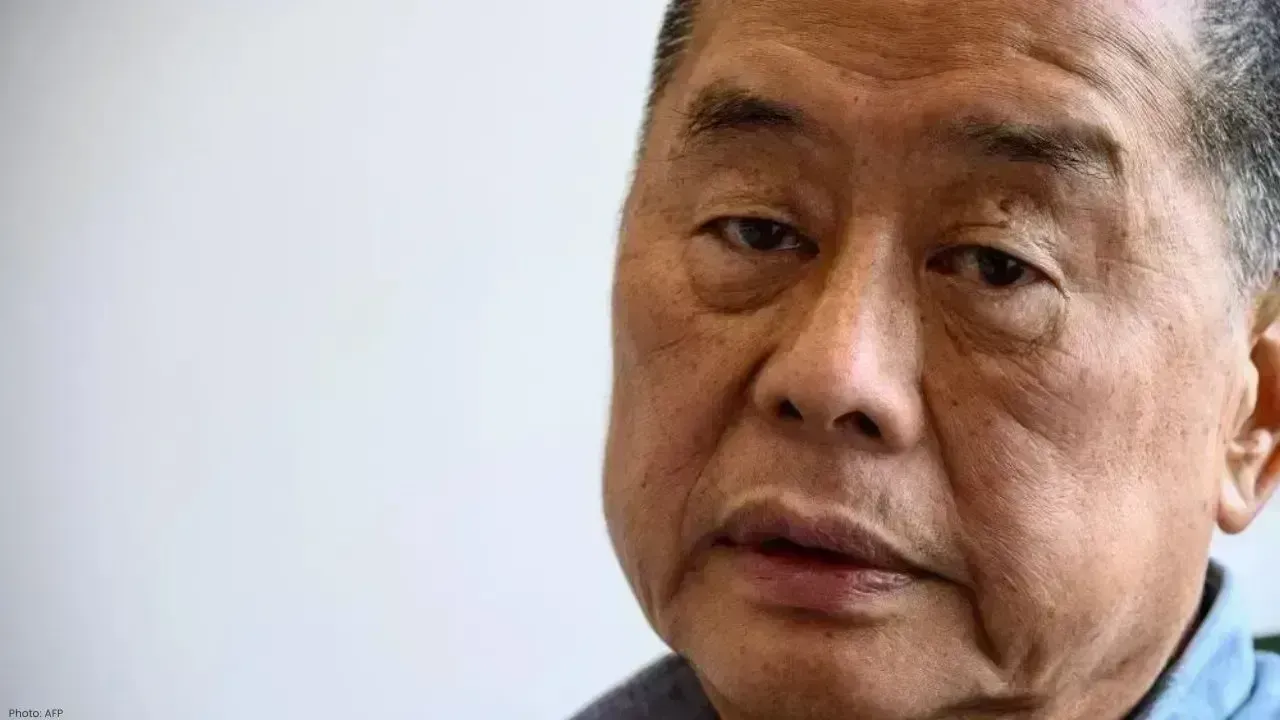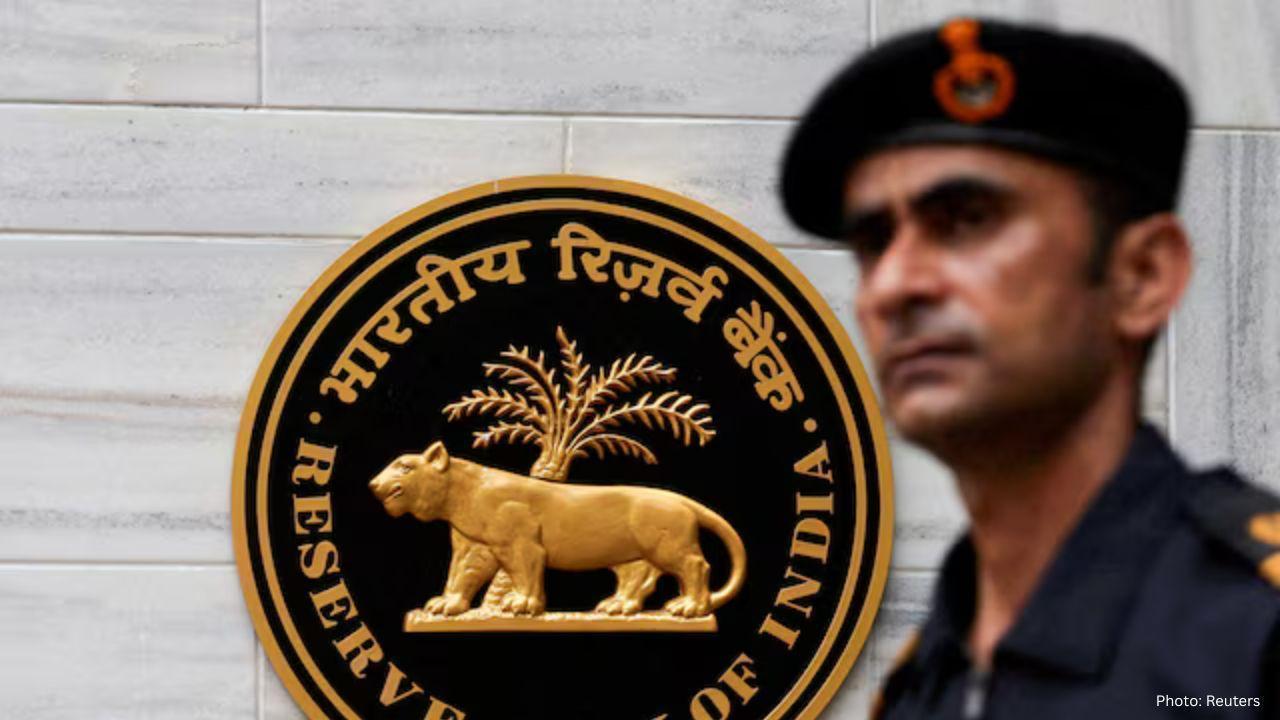You have not yet added any article to your bookmarks!

Join 10k+ people to get notified about new posts, news and tips.
Do not worry we don't spam!

Post by : Anis Farhan
For decades, the global semiconductor and AI supply chains were dominated by a few nations—Taiwan, South Korea, Japan, and the United States. But as geopolitics, trade tensions, and supply disruptions forced companies to rethink dependency on single regions, new players began to emerge. Vietnam, India, and Turkey have now entered the conversation as rising hubs in chip production and AI infrastructure. They are not yet replacements for established leaders like Taiwan Semiconductor Manufacturing Company (TSMC), but their strategic positioning, government policies, and growing talent pools are making them attractive alternatives in an era of supply chain diversification.
Vietnam’s rise in global supply chains is no accident. Once seen primarily as a low-cost manufacturing destination, Vietnam has been steadily climbing the value ladder. The U.S.-China trade war accelerated this shift, as tech giants like Apple, Intel, and Samsung sought to reduce reliance on Chinese factories.
Vietnam has become a hub for electronics assembly, but it is now moving further upstream into chip packaging and AI hardware assembly. Intel operates one of its largest testing and assembly facilities in Ho Chi Minh City, while Samsung has invested heavily in semiconductor R&D.
Government support is another factor. Vietnam is rolling out tax incentives, infrastructure development, and workforce training to position itself as a tech destination. With its strategic location in Southeast Asia and strong trade agreements, Vietnam is quickly becoming a vital node in the semiconductor supply chain.
India’s ambitions go beyond being part of the chain—it wants to become a semiconductor powerhouse. The Indian government launched a $10 billion incentive plan to attract global chipmakers and reduce reliance on imports. Partnerships with companies like Micron Technology, Foxconn, and Vedanta signal momentum.
India’s strengths lie in its vast talent pool of engineers, its booming digital economy, and strong government backing. The country already dominates global IT services and is now channeling that expertise toward AI and semiconductor design. Global firms are setting up R&D centers in Bengaluru and Hyderabad, focusing on AI algorithms, chip design, and quantum computing.
Challenges remain, particularly in infrastructure, power supply, and red tape. But India’s determination to establish fabs (fabrication plants) within the next decade shows its commitment. If successful, India could emerge as a major chip producer while leveraging its digital population to become a key AI player.
Turkey’s entry into the semiconductor and AI race may surprise some, but its geographic and geopolitical position makes it uniquely valuable. Located between Europe and Asia, Turkey is promoting itself as a bridge in tech supply chains.
The government has invested in semiconductor research and AI startups, while also deepening collaborations with Europe. Ankara has been actively engaging with U.S. and EU firms to attract technology partnerships. Turkey’s strong industrial base in automotive and defense sectors also demands advanced chips, creating domestic pressure for local innovation.
AI is another area where Turkey is gaining traction. Its universities are expanding AI programs, and local startups are developing AI solutions for healthcare, agriculture, and logistics. If supported with consistent policies and international partnerships, Turkey could emerge as a niche but strategic hub in the global supply chain.
The rise of Vietnam, India, and Turkey is not happening in a vacuum—it is directly linked to global geopolitics. U.S. restrictions on China’s access to advanced chips have prompted Western companies to seek alternative production sites. Meanwhile, fears of overreliance on Taiwan, given rising tensions in the Taiwan Strait, have pushed diversification.
These nations offer geopolitical advantages:
Vietnam enjoys strong U.S. and Japanese support.
India is central to the U.S.-led Indo-Pacific strategy.
Turkey leverages its NATO membership and regional influence.
By aligning with global powers while also pursuing their own ambitions, these countries are reshaping the balance of technology supply chains.
While their rise is significant, Vietnam, India, and Turkey still face challenges:
Infrastructure gaps – India and Turkey lack large-scale fabs and power-stable facilities.
Technology depth – Vietnam still relies on foreign expertise for advanced chip design.
Policy consistency – Bureaucracy and political uncertainties can slow progress.
Competing with giants like Taiwan or South Korea is not realistic in the short term. However, their roles as secondary hubs, specialized players, or assembly leaders make them indispensable in a world seeking supply chain resilience.
These nations are not just focusing on hardware; they are also targeting AI ecosystems.
Vietnam is supporting AI startups in natural language processing and robotics.
India is already a leader in AI software services, with applications in finance, healthcare, and e-commerce.
Turkey is building AI solutions in defense and logistics, supported by its industrial base.
By linking semiconductor progress with AI innovation, these countries aim to move up the value chain and secure long-term positions in the global tech race.
The semiconductor and AI race is no longer confined to a few global players. The rise of Vietnam, India, and Turkey reflects a broader diversification of technology supply chains. While challenges remain, their growing influence cannot be ignored.
Vietnam offers manufacturing agility, India provides scale and talent, and Turkey delivers strategic positioning. Together, they represent the next frontier of global supply chains. As the world adapts to geopolitical tensions and technological disruptions, these nations are set to play critical roles in shaping the future of chips, AI, and economic power.
This article is for informational purposes only and reflects global industry trends. It does not represent investment advice or official government policy.










Ranveer Singh’s Dhurandhar Hits ₹1000 Cr Despite Gulf Ban Loss
Dhurandhar crosses ₹1000 crore globally but loses $10M as Gulf nations ban the film. Fans in holiday

China Claims India-Pakistan Peace Role Amid India’s Firm Denial
China claims to have mediated peace between India and Pakistan, but India rejects third-party involv

Mel Gibson and Rosalind Ross Split After Nearly a Decade Together
Mel Gibson and Rosalind Ross confirm split after nearly a year. They will continue co-parenting thei

Rashmika Mandanna, Vijay Deverakonda Set to Marry on Feb 26
Rashmika Mandanna and Vijay Deverakonda are reportedly set to marry on February 26, 2026, in a priva

FIFA Stands by 2026 World Cup Ticket Prices Despite Fan Criticism
FIFA defends the high ticket prices for the 2026 World Cup, introducing a $60 tier to make matches m

Trump Claims He Ended India-Pakistan War, Faces Strong Denial
Donald Trump says he brokered the ceasefire between India and Pakistan and resolved eight wars, but